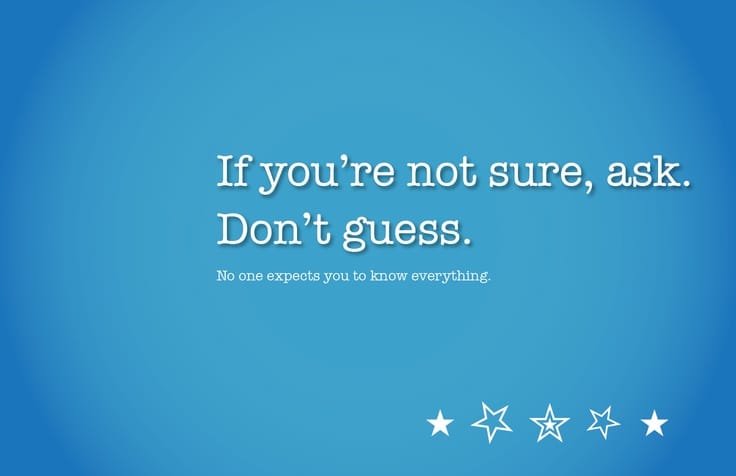Ask, don't guess
Last week, I wrote 'Ask, don't guess' to remind us of the power of inquiry over assumption. The song, available on Spotify, teaches the importance of asking the right questions.

Last week, I wrote a song, for HeyForm.
Ask, don't guess by Luo & Suno
As an indie hacker, I often find my best ideas late at night, blending my love for coding with music to express myself. This new track, "Ask, don't guess," is now available on platforms like Spotify, Apple Music, and YouTube. It's more than just a song—it's a reminder to trust the power of asking questions over making assumptions.
What Inspired the Song
The idea for "Ask, don't guess" came during one of my late-night coding sessions. Faced with a tough problem, I realized I was guessing what users needed, a common pitfall in development. This approach often leads to solutions that miss the mark. Out of frustration, the chorus emerged:
"Ask, don't guess, let the users lead the way,
Questions shape the path, show the light of a new day..."
Learning from the Lyrics
This catchy refrain isn't just a song lyric—it's a lesson in product development and user experience. At HeyForm, we embody this philosophy by creating tools that let users craft engaging conversational forms. Whether it’s surveys, quizzes, or polls, the key is asking the right questions instead of assuming.
Using Conversational Forms
With HeyForm, anyone can create forms that aren't just forms—they're conversations. This is crucial because each interaction teaches us more about our audience. Features like smart logic, versatile inputs, and powerful integrations ensure every form helps you understand your audience better.
Why "Ask, don't guess" Is Important
In today's digital world, data is abundant but accurate data is priceless. Guessing can lead to misleading information, affecting decisions and strategies. Asking ensures you gather relevant, useful information, saving time and building trust with your users.
Conclusion: Embracing Effective Communication
"Ask, don't guess" reminds us that in innovation, listening and adapting based on user responses are key. It promotes a shift from creator-centric to user-centric development, enhancing both products and relationships.
As you listen to the song, remember its message: the answers you need are just a question away.
